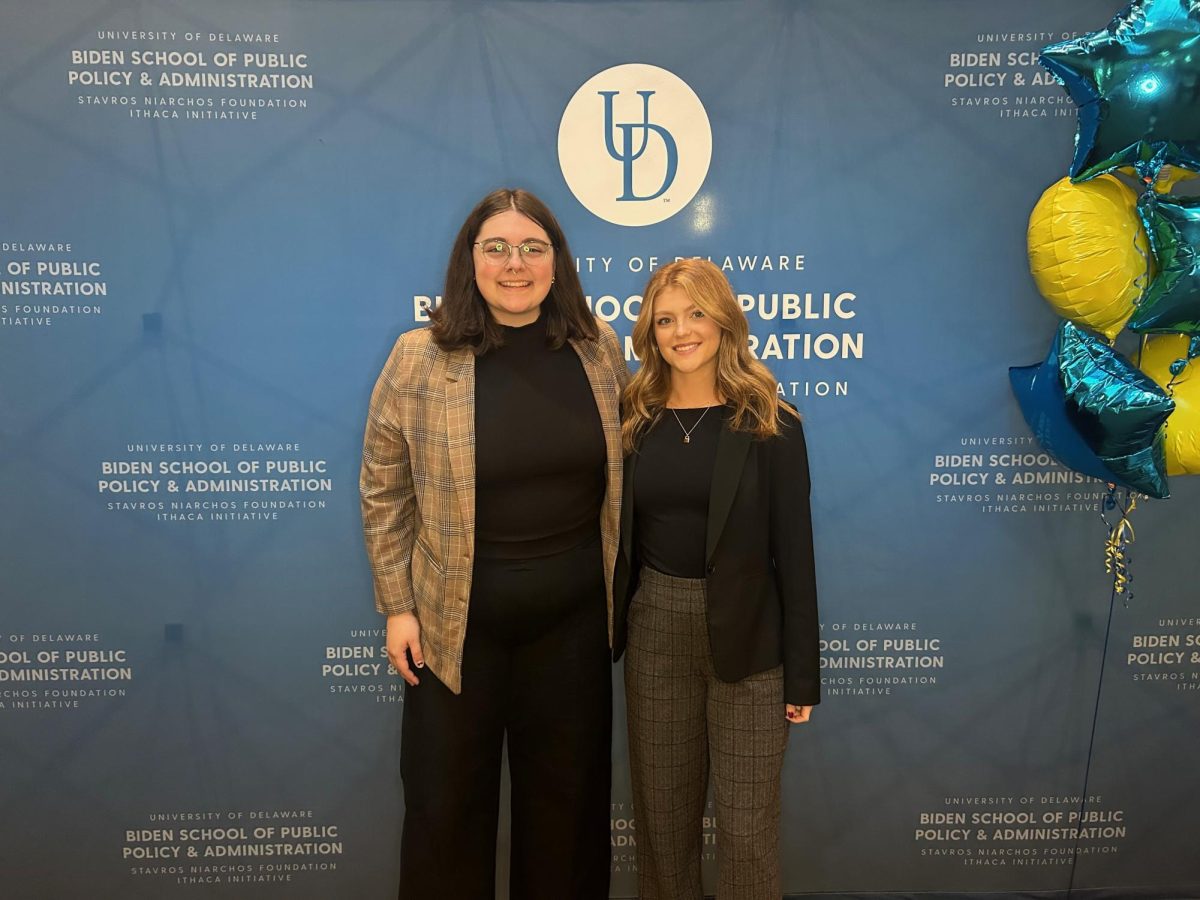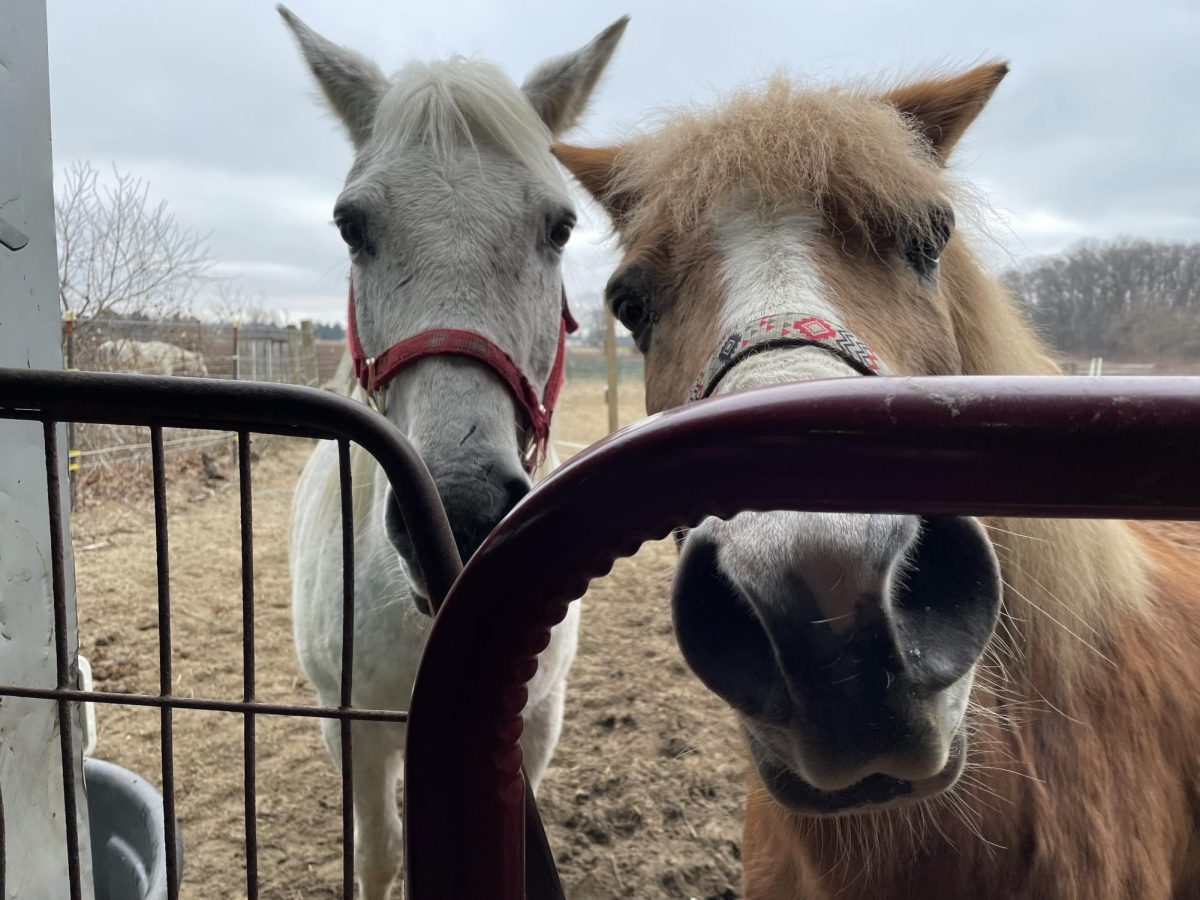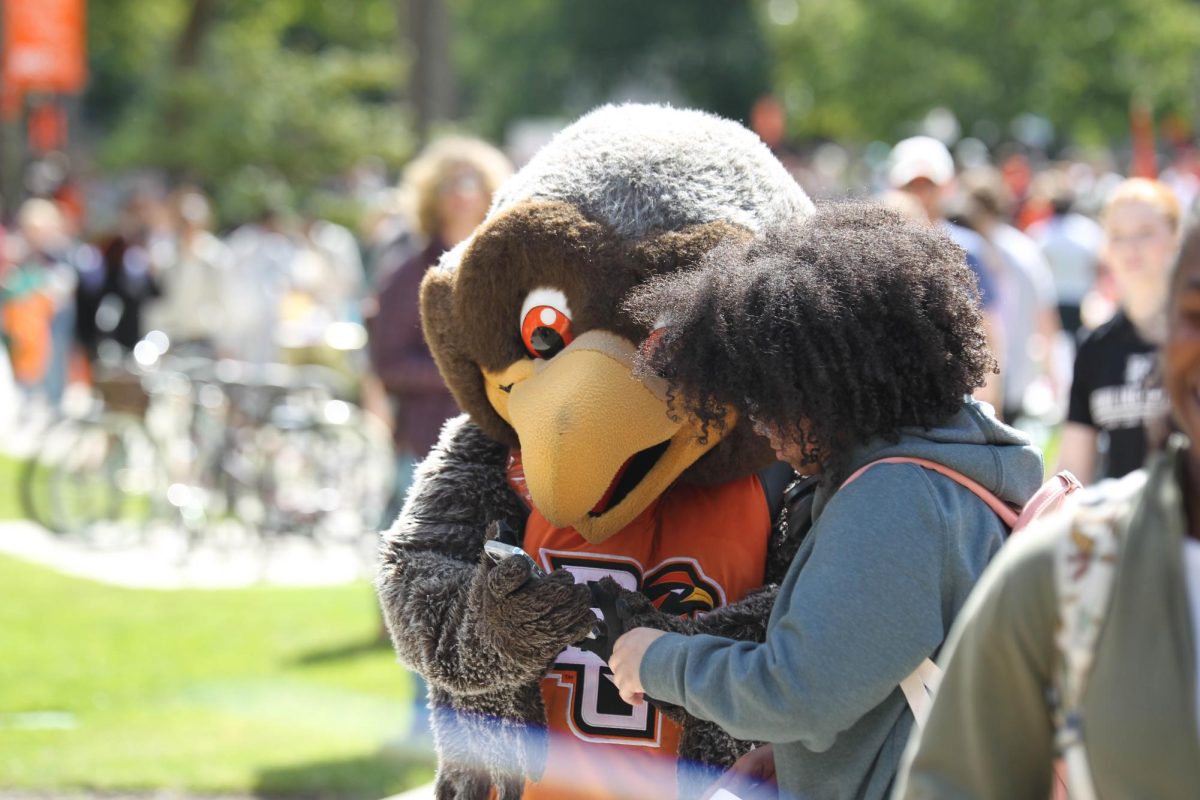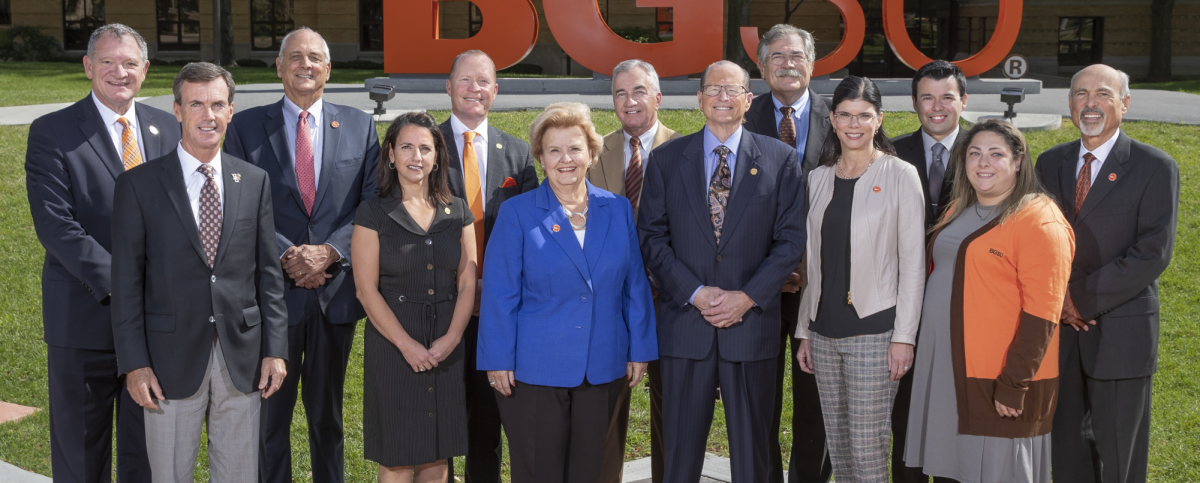University students lined up in the Multipurpose Room of the Union yesterday to give a pint, and get a pint in return. The annual American Red Cross Blood Drive kicked-off yesterday from 11 a.m. to 5 p.m., and will continue through Friday – allowing students to donate a pint of blood in return for a pint of ice cream. The blood drive was created to help people who need blood donations since transfusions are only possible from a volunteer donor. According to the Web site of the American Red Cross, only three out of every 100 Americans donate blood. Volunteers like Carly Schultz make sure the drive runs smoothly, helping doctors from the Red Cross so they can help more people donate blood. ‘During the four day blood drive, 600 blood donations are made,’ Schultz said. ‘With every pint of blood, we can save three lives.” For freshman Tiffanie Jones, it is not her first time donating. Although some students have said they experience negative side effects when donating blood, Jones said the only side effects she has seen come from devouring a whole pint of ice cream. ‘I feel very strong about donating my blood,’ she said. ‘I feel it’s almost my responsibility to donate blood.’ But not every person is allowed to donate blood. Men who have had sexual intercourse with other men are not allowed to donate blood in order to reduce the risk of transmitting HIV, according to the Food and Drug Administration. People who have contracted syphilis or gonorrhea within the last 12 months are also not allowed to donate. But the American Red Cross, along with the American Association of Blood Banks, protested to change this guideline since all donations are screened for diseases like HIV, Hepatitis B and Hepatitis C anyway. Carin Kelley, senior director of communications for the American Red Cross Ohio and Michigan Division, said since 1977 – when the FDA guideline was made – science and technology have changed. ‘The guideline was made with the birth of the HIV epidemic,’ she said. ‘But today the risk is much smaller than back in the days. These restrictions should be changed.’ If it is not possible to give blood, it is still possible to volunteer. Kelley wants to make clear volunteers at the blood drives are necessary. ‘You can always recruit people to donate their blood,’ Kelley said.
Students give blood, save lives
April 14, 2009
0
Donate to BG Falcon Media
$445
$2500
Contributed
Our Goal
Your donation will support the student journalists of Bowling Green State University. Your contribution will allow us to purchase equipment and cover our annual website hosting costs.
More to Discover













